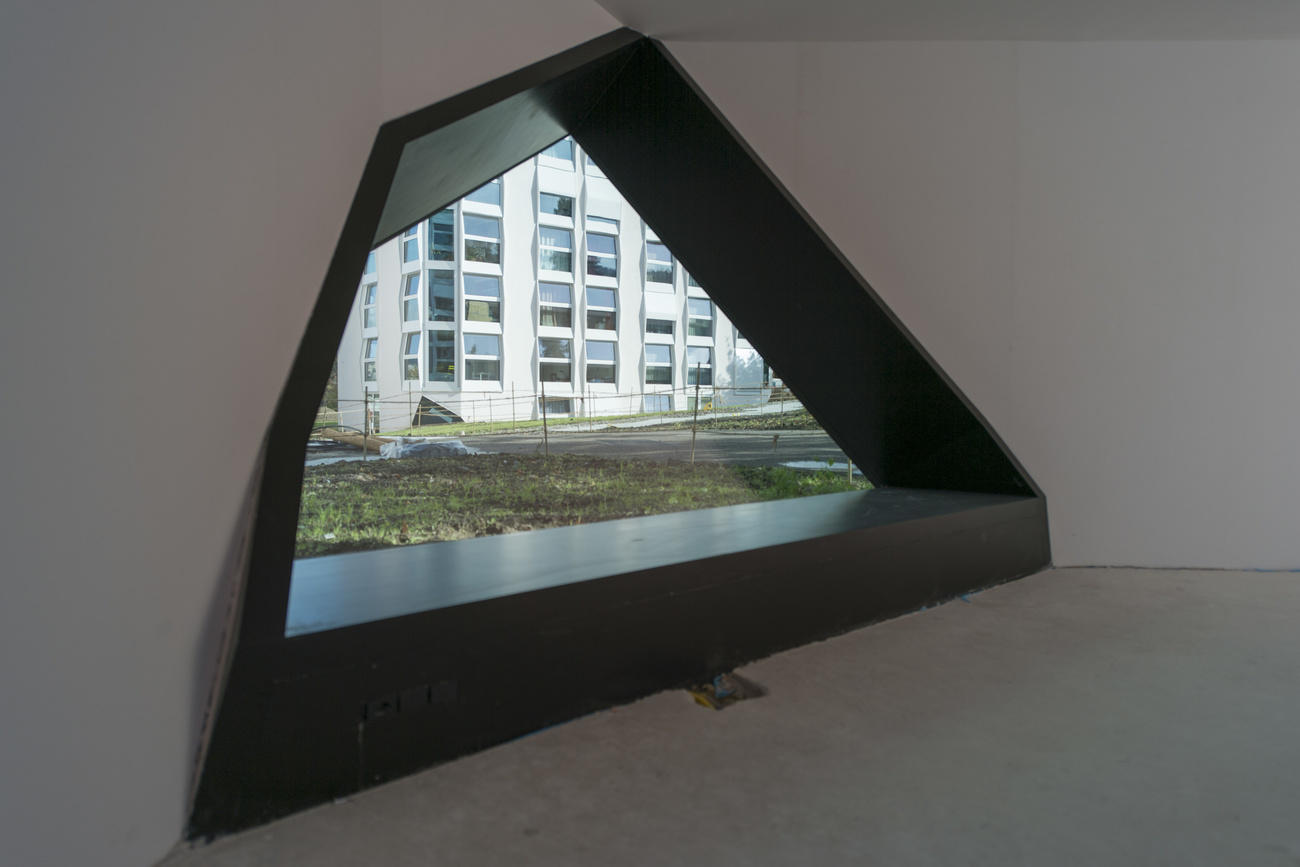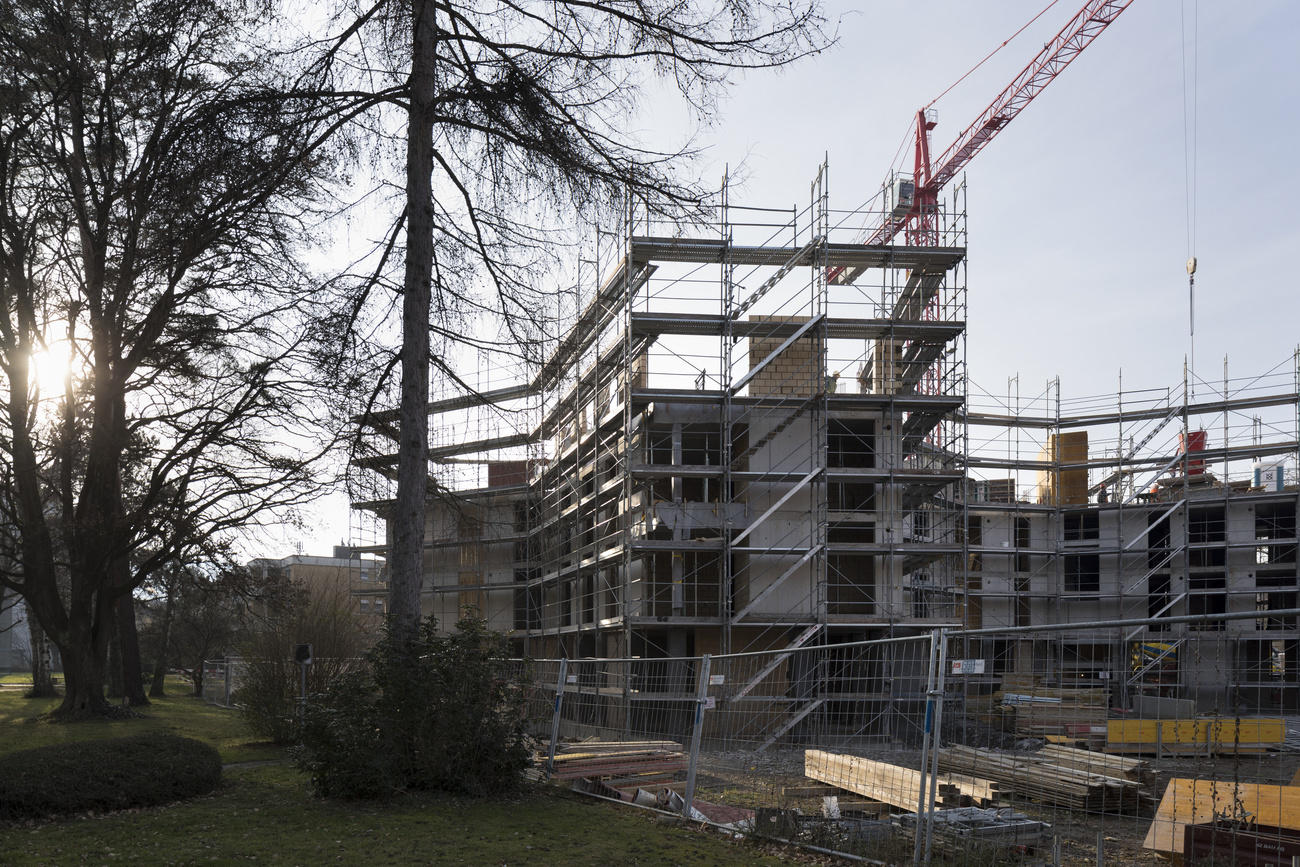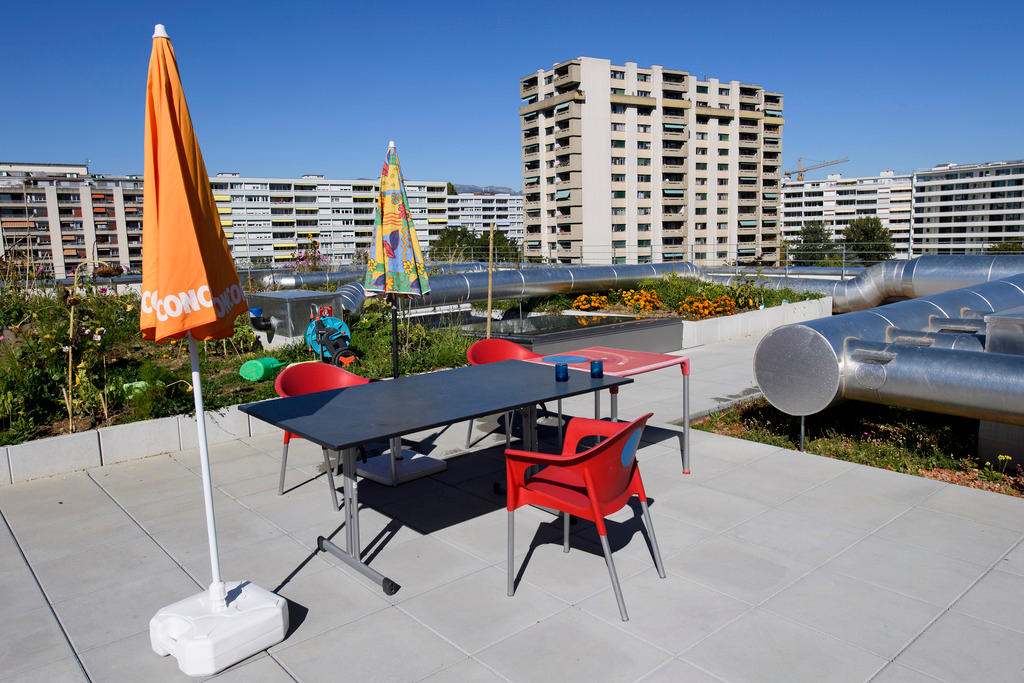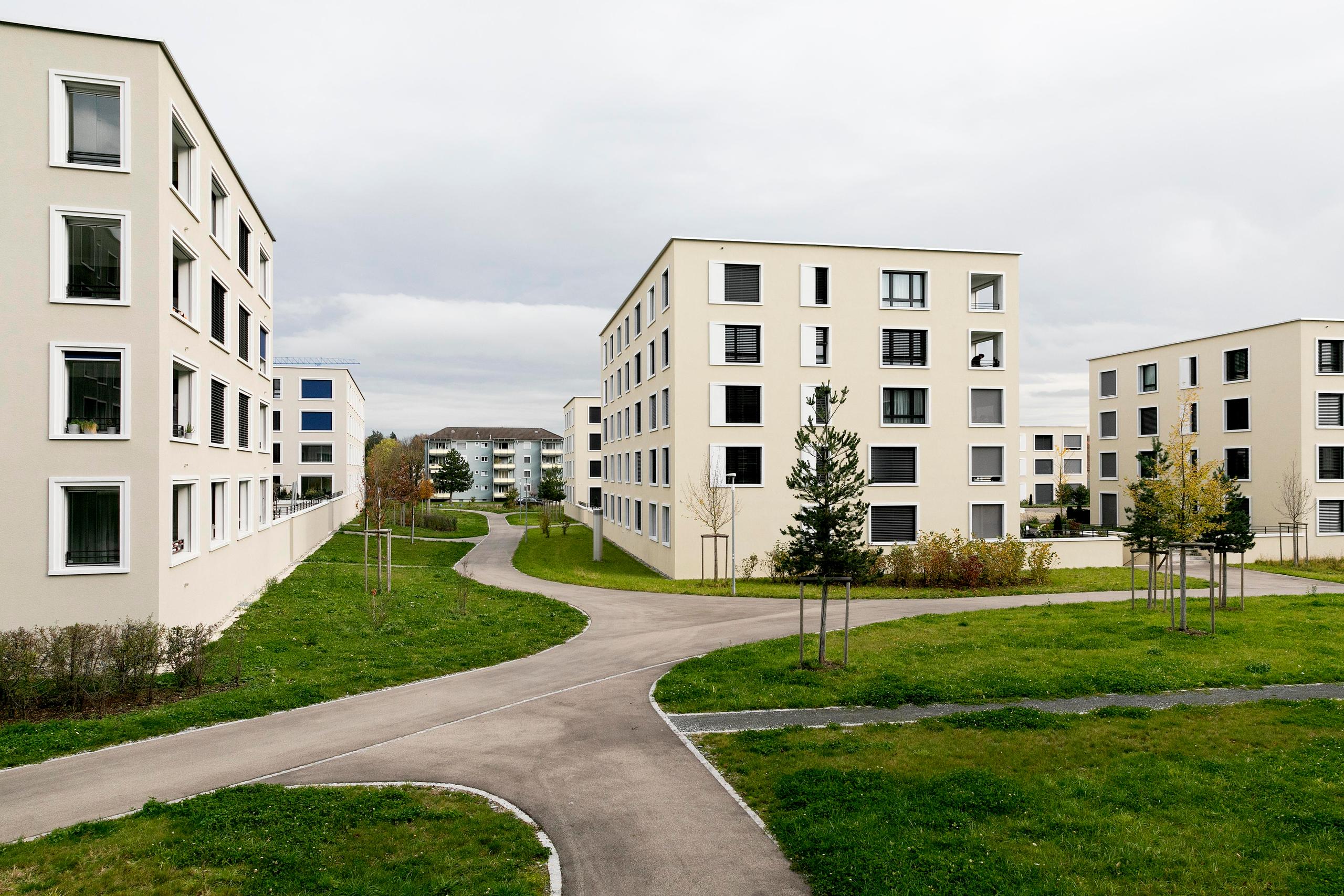Voters reject ‘affordable housing’ initiative

Swiss voters have rejected a people's initiative to promote more affordable housing. Final results show it won 42.9% of the vote nationwide, with 57.1% against, on a turnout of 41.7%.
Only five out of the 26 cantons voted in favour of the initiative, all of them – except Basel City – in French-speaking western Switzerland.
The initiative nevertheless got over 60% support in Geneva and Basel City, where affordable housing is more of an issue.
Speaking at a press conference after Sunday’s vote, Economics Minister Guy Parmelin said the result showed people had confidence that the free market was generally working. But he said it also “confirms there are certain places where additional measures are needed”. He recalled that the government, which like the centre-right parties came out against the initiative, has already earmarked more money to help promote social housing.
Carlo Sommaruga, head of the Swiss tenants’ association that launched the initiative, hailed an “excellent” vote score even though the initiative failed, and called on parliament to do more to promote affordable housing.
Kurt Fluri, President of the Association of Swiss Cities and Towns, welcomed the “no” vote, saying housing issues should be dealt with by cantons and municipalities, not at federal level.
The people’s initiative for “more affordable housingExternal link”, initiated by the Swiss Tenants’ AssociationExternal link, sought to introduce a minimum of 10% social housing in Switzerland, as opposed to about 5% at present. Supporters said it would stop speculation and help ordinary people, while opponents argued it would result in more bureaucracy, delaying building projects.
Government counter-proposal
The government came out against the proposal, but also introduced an indirect counter-proposal to help increase the availability of low-cost housing. It proposed to budget an extra CHF250 million over ten years for the National Operating Fund, from which housing cooperatives can get loans on favourable terms.
This funding has already been approved by parliament, so now that voters have turned down the initiative, the National Operating Fund will get this new injection of cash. Parmelin told the press conference that money for 2020 will be available “immediately”.
Centre-right parties together with business associations, employers’ organisations, landlords’ and real estate industry groups said a 10% quota at national level would be “too rigid” and does not match real demand, which varies from place to place.
Opponents argued that monitoring implementation of the quota would mean more bureaucracy, which would hamper building projects and drive investors out of the real estate market.
“Stop Speculation”
According to advocates of the initiative, including the left-wing parties and trade unions, “greed on the part of speculators” wanting bigger and bigger profits is behind soaring rents.
The initiative called for the Swiss government and cantons to work together so that at least 10% of all new housing built nationwide be owned by social housing partners. Social housing, usually run by cooperatives as well as other associations and foundations, does not aim to make a profit and so enables lower rents.
The initiative also wanted the Swiss government and semi-state bodies like the Federal Railways and Swiss Post to give preference to municipalities and cantons when selling off land.
A nation of tenants
This comes against a background of rising rents in Switzerland, which is known as a “nation of tenants”. At the end of 2017, 59% of households nationally (2.2 million) were living in rented accommodation, according to figures provided by the Federal Statistics OfficeExternal link. Rents are the biggest single item in the average Swiss household budget, with the national average for monthly rent – all sizes of apartment considered – amounting to CHF1,329 ($1,370) in 2017.
Rents have continued to rise since the turn of the Millennium, as national statistics show. Population increases combined with low interest rates have prompted investment in high-end apartment buildings, resulting in a lack of moderately-priced housing and a growing phenomenon of gentrification in many places.
Final results:
Social housing initiative: 42.9% yes 57.1% no
Anti-LGB discrimination: 63.1% yes 36.9% no
Turnout: 41.7%

More
Swiss roundly back protection against LGB discrimination

In compliance with the JTI standards
More: SWI swissinfo.ch certified by the Journalism Trust Initiative













You can find an overview of ongoing debates with our journalists here . Please join us!
If you want to start a conversation about a topic raised in this article or want to report factual errors, email us at english@swissinfo.ch.